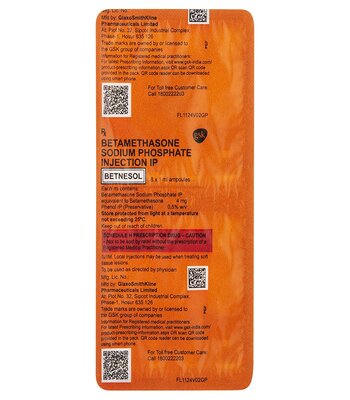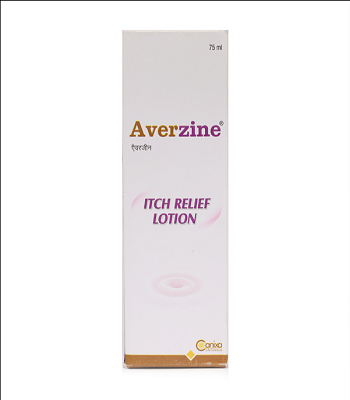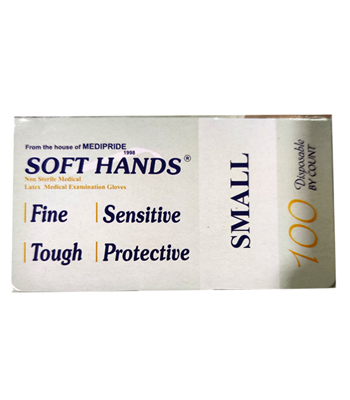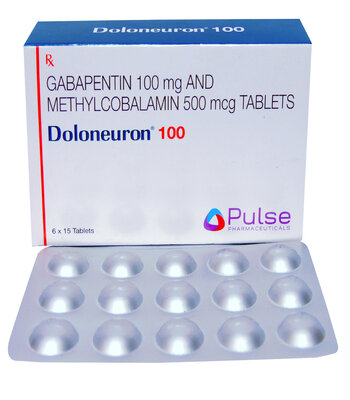Betnesol Injection 8X1Ml
INR 37.28INR 37.28
What BETNESOL is used for? It is used, To treat asthma To treat severe allergic reactions including reactions to drugs To treat local inflammation e.g. of joints, tendons or the eye As replacement for the body’s naturally occurring corticosteroid hormones when these are reduced or absent To treat severe shock, overwhelming infection
Talk to your Doctor, if you: Are allergic to any of the ingredients of this medicine Have or have ever had tuberculosis Have epilepsy, severe mental illness, hypertension (high blood pressure), stomach or duodenal ulcers, diverticulitis (inflammation of the bowel) or a herpes infection of the eye Have any heart disease Have osteoporosis Have recently had a head injury Have an underactive thyroid gland Have myasthenia gravis (a disease which causes muscle weakness) Experience blurred vision or other visual disturbances
Your doctor will choose the dose that is right for you
Like all medicines, this medicine can cause side effects although not everybody gets them Serious Feeling depressed, including thinking about suicide Allergic reactions (which can include rashes, breathing difficulties or shock), blood disorders or heart failure Changes in skin colour or blistering of the skin, mouth, eyes and genitals Symptoms of cramping pain, redness, warmth or swelling in your arms or legs or shortness of breath Feeling anxious, having problems sleeping, difficulty in thinking or being confused and losing your memory Children may experience swelling and fluid build-up near the eyes and brain Increased eye pressure (glaucoma) Mouth and/or stomach ulcers, oesophageal ulcers Severe pain in your stomach Nausea and vomiting, diarrhoea, fever, loss of appetite and yellowing of your skin (jaundice)
Please tell your doctor if you are taking or have recently taken any other medicines, including medicines obtained without a prescription Some medicines may increase the effects of BETNESOL and your doctor may wish to monitor you carefully if you are taking, Medicines for HIV - ritonavir, cobicistat Insulin or oral antidiabetic drugs Medicines for high blood pressure Diuretics Medicines for thinning the blood e.g. warfarin Non-steroidal anti-inflammatory drugs e.g. ibuprofen Salicylates e.g. aspirin Medicines for myasthenia gravis called anticholinesterases Acetazolamide (used to treat glaucoma) Rifampicin and rifabutin (antibiotics for tuberculosis) and ephedrine Carbamazepine, phenytoin, primidone, phenobarbitone and aminoglutethimide for epilepsy Carbenoxolone (an ulcer healing drug), theophylline (used to treat asthma and other breathing difficulties) and amphotericin B (anti-fungal) Oral contraceptives Mifepristone (anti-progesterone) Somatropin (growth hormone) Vecuronium and other muscle relaxants Fluoroquinolones (used for some infections) Quetiapine (improves symptoms of some mental illnesses) Tretinoin (used for skin problems such as bad acne)
Storage Keep this medicine out of reach of children Store at room temperature (15-25°C)
The contents of this website are for informational purposes only and not intended to be a substitute for professional medical advice, diagnosis, or treatment. Please seek the advice of a physician or other qualified health provider with any questions you may have regarding a medical condition. Do not disregard professional medical advice or delay in seeking it because of something you have read on this website.












